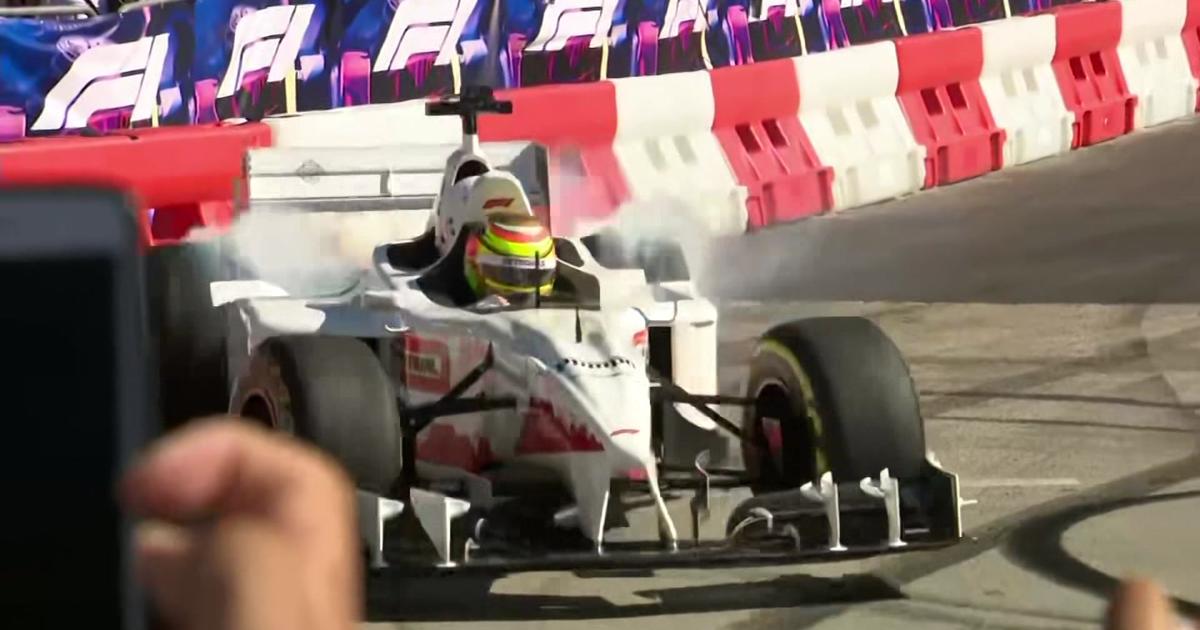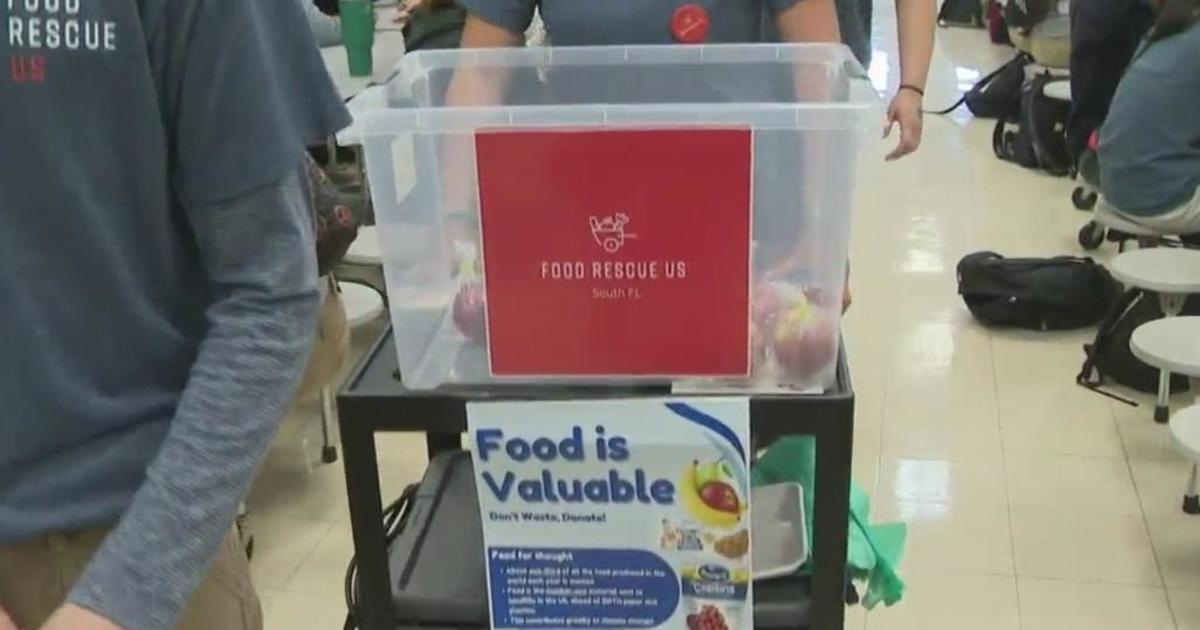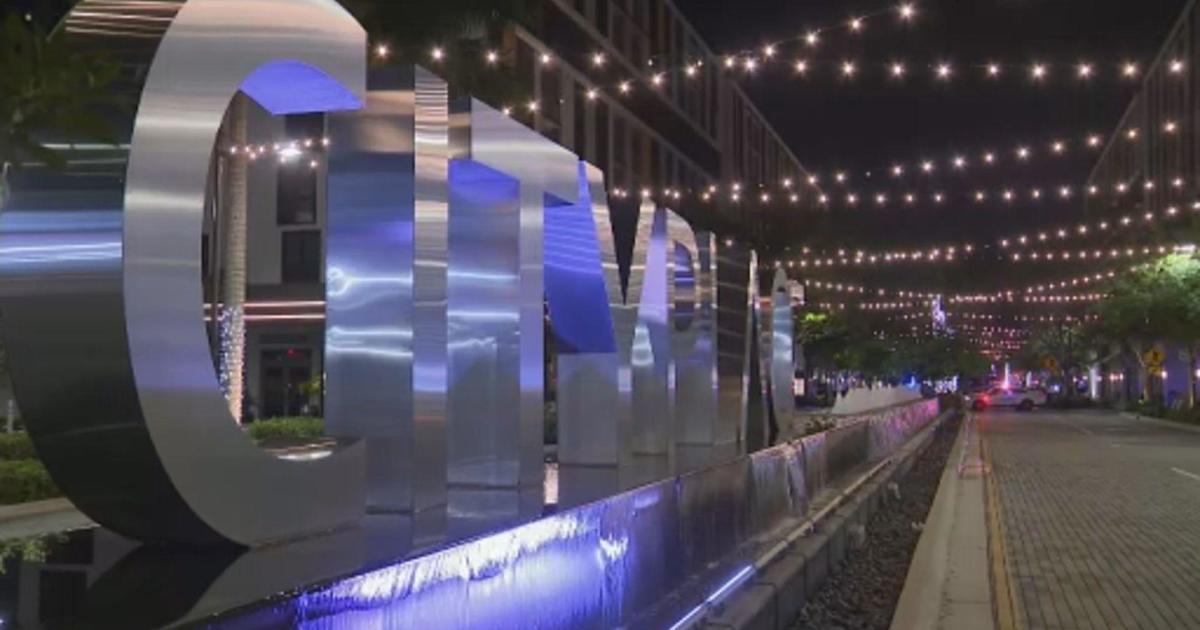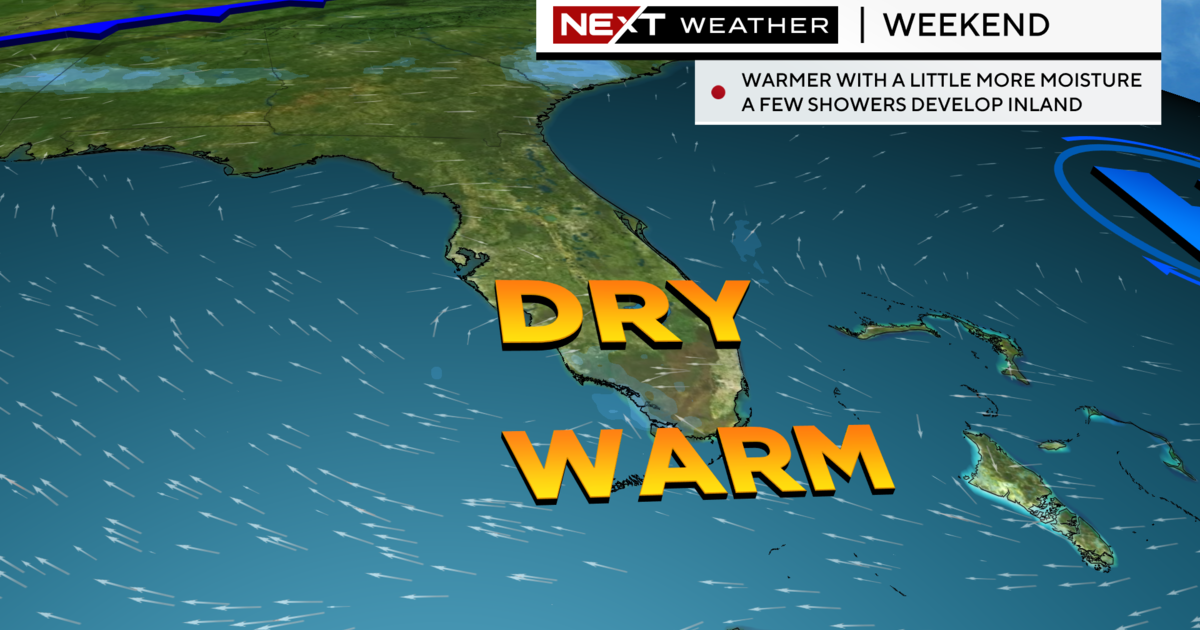CBS4 Investigates: Drug Subs on the High Seas
MIAMI (CBS4) - It's a dangerous and daring hot pursuit on the high seas. The US Coast Guard chasing and confronting the newest and most illusive weapon of drug traffickers – private submarines.
They and their illicit cargo are popping up from the Pacific to the Caribbean. And the chilling question is, where else?
In one case, the Coast Guard videotaped the crew abandoning ship in the Caribbean. They purposely sank their sub which authorities say was filled with cocaine.
"We have immoral people out there with a lot of money. They are hiring people to build these technically sophisticated vessels, (the submersible, and the semi submersibles.) They are doing this to attack our society with cocaine. They are greedy and they will stop at nothing to make the money," says Coast Guard Rear Admiral Bill Baumgartner.
CBS 4 Chief Investigator Michele Gillen met with him recently in St. Petersberg to witness the result of yet another Coast Guard interdiction of an alleged "drug sub."
Scuttled to the bottom of the ocean, amid stormy seas, it took FBI divers seven days to bring up a stunning amount of hidden cargo.
Gillen learned that it was a dangerous journey that captured cocaine with a street value of $120 million dollars.
"In this one seizure we caught about as much as all of our street cops would catch, a third as much, as they would catch in a year," said Admiral Baumgartner.
Under the sea. It's a new era in drug smuggling.
"We never thought we'd see the transition from the go-fast boats, the Miami-Vice go-fast boats to submarines," said Security Specialist Wayne Black, who has been tracking the drug subs since they were first built by hand in the jungles of Colombia.
"The go-fast boat gives a heat signature, a radar signature, and they are able to be spotted. They throw this big plume of water and you can see them with a night scope. Subs are moving slower. They are barely breaking the surface. The heat signature isn't there. Radar passes right over the top of them," Black told Gillen as they scouted the seas from the tip of South Beach.
"It''s amazing the way they build these in the jungles of Colombia in the rivers. Money is no object to them. So they are going to bring in compressors and the big engines and generators and things like that. They made dozens and dozens of them, but now they can literally purchase them," said Black.
Now the subs, that are painted the color of the ocean, are more high tech and can cost a million dollars, as opposed to the go-fast boats. Rarely are these subs recovered from the sea.
"Literally dozens and dozens have been spotted. They typically scuttle the boat, when the Coast Guard approaches. They pull through hole fittings, jump off the boat and it sinks within minutes," Black explained. "The drugs and the boat go to the bottom. It's the cost of doing business for them. It's a million dollars that may be down the tube, it doesn't matter to them."
Hundreds of subs are for sale on the Internet. And somebody's buying. The larger concern is who?
"In addition to the drug threat, there could be a threat from terrorists using them. They are virtually a slow moving, almost undetectable delivery vehicle and I mean deliver drugs. You could deliver explosives. So it's a big concern," added Black.
"We cannot ignore that. We are not ignoring that. We are watching all those potentials very, very closely," said Admiral Baumgartner.
Most important are the tools to catch these new million dollar vessels, as traffickers and potentially terrorists, have deep pockets to spend on the latest high tech equipment. The Coast Guard's fleet is largely antiquated.
"We need the ships that can go down there and find them. That's one of our real concerns of the Coast Guard right now, is that our large ships that go down and patrol the Caribbean are mostly over 40-years old. "If we don't have the planes out there to spot them, the ships to physically be there to stop them, there is not much we can do. So we are working really hard." the Admiral explained as he and Gillen stood watch over bails of cocaine brought to shore.
So if it happens that you are looking out to sea, and think you spot a periscope, you may be face to face with the newest threat in the war on drug smuggling. It's also a clue to an undersea Navy, the U.S. Coast Guard.
"I think they're doing it because it works. I think we're probably finding five percent at the most. It's a whole new day," warned Black.



